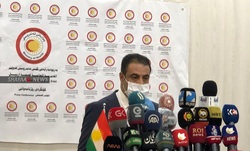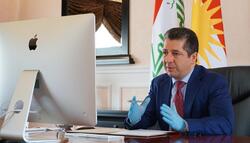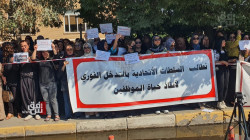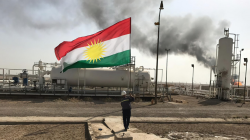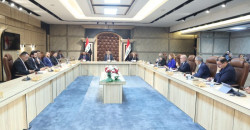Homeless for 40 years, Iraqi families displaced by a dam face eviction again
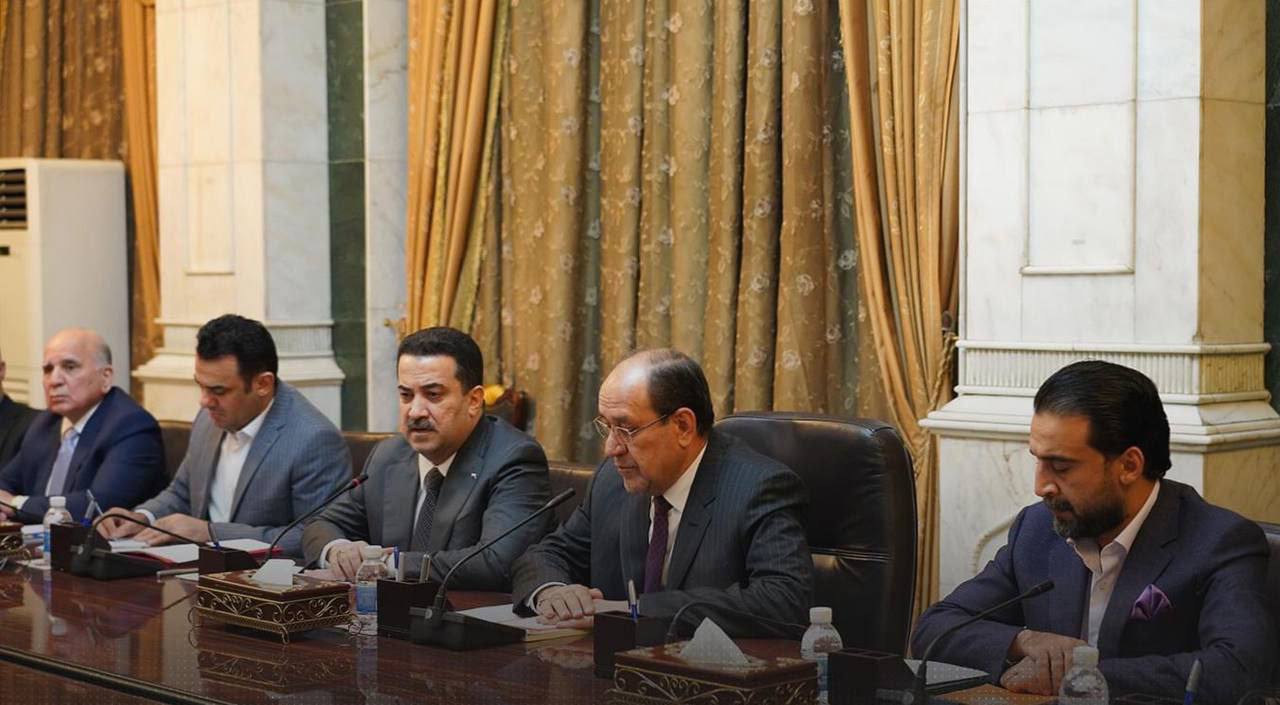
Shafaq News/ The people of Jissary first watched their village being submerged by waters for what would become Iraq’s biggest hydroelectric dam 40 years ago. Today they are still pursuing their long and exhausting quest for a home.
After several rounds of forced displacement over the years, including by Islamic State, up to 600 families are once again facing eviction, this time by the Iraqi government.
“They knocked on our doors and told us to be out by June, no matter what. We have no place to go,” Mahmoud Talib says, sitting next to his wife on the concrete floor of the small room that has been the family’s home for the past six years. Deep wrinkles line his face; his raspy voice sounds tired.
In his hands is an eviction notice he says he was forced to sign. The June deadline is looming. Not everyone in the community signed, he adds. “A few people said they’d rather take up arms against the government.”
Talib, 68, and other former residents of Jissary are living in an abandoned military compound in the village of Domiz in Nineveh province, northern Iraq. But the defence ministry wants it back.
The compound is divided into blocks surrounded by brick walls, with each family assigned one room to live, sleep and cook in. Small patches of soil surround the compound, and mild spring rains have turned them green. It’s a far cry from Jissary’s lush fields and vast farmlands, but the villagers decided it would do. There was no alternative.
Talib’s family was initially displaced in 1985, under Iraq’s former president Saddam Hussein, when their village made way for the Mosul dam – the country’s biggest but also most dangerous dam. While it provides electricity to 1.7 million people in the northern city, it was built on porous karst, and experts have warned that it could burst at any moment. The flood water could reach as far as the capital, Baghdad, 250 miles south, potentially killing hundreds of thousands of people and displacing millions.
“It all started with the completion of the dam in 1985. Since then we’ve been repeatedly uprooted,” says Aishe Hussain, Talib’s wife. “We can’t continue to live like this. I’ve often thought about drowning myself in the waters that flooded our heritage, our village,” adds the 64-year-old mother of 11.
In 1985, the Jissary community was given new homes in a nearby Kurdish-majority town, Bardiya. But the move took land from its Kurdish owners as Saddam Hussein sought to dispel Kurds in his “Arabisation” campaign.
When the US invaded Iraq in 2003, the Kurdish owners returned. “They demanded the land back that the government had given us,” Talib says. “We had to leave, even though we had no place to go, even though we were happy in Bardiya. It was their land. We understood.”
‘Peace of mind at last’: the Bangladeshi villagers digging their way out of the floods
Shortly after leaving, they found the empty military compound. “After the US invaded, everything was chaotic and there was no functioning government. We settled in this compound but we repeatedly asked the government to build us permanent homes. They owe them to us. But no one helped.”
Further displacement followed after IS attacked the area in 2014, but by 2017, the community had returned to Domiz, believing they had finally found their permanent home. “Everything had been destroyed in the fight against Daesh [IS]. The compound was looted, windows and doors were broken, but we rebuilt it all,” Talib says.
For the past year and a half, the army has been trying to kick all the families out. “This is the first time it’s serious, though,” says Dr Haidar Al Moussavi, who works with the Peace Paradigms Organisation, which advocates for peace in Nineveh. He has been acting as negotiator between the community and the government.
“I fear there might be violence: people will take up arms against the government because they are desperate. Some said they are considering returning to Bardiya, but this could create clashes with the Kurdish community,” he says.
Bardiya, roughly half an hour’s drive from the military compound, remains a disputed area between federal Iraq and the Kurdish-administered region. It is now again mostly home to Kurdish families. “We’re pushing for the army to stop its eviction campaign in Domiz until we can find a donor to rebuild Jissary,” Al Moussavi says, adding that the responsibility should be with the Iraqi government.
Meanwhile Talib and his family face disaster. “We’ve been desperate for a home for almost 40 years. Now we will be homeless again.”
